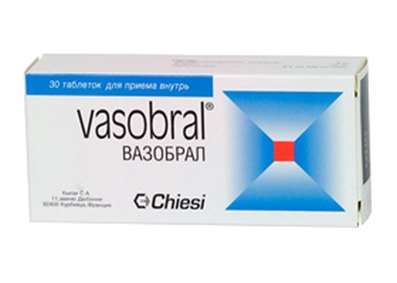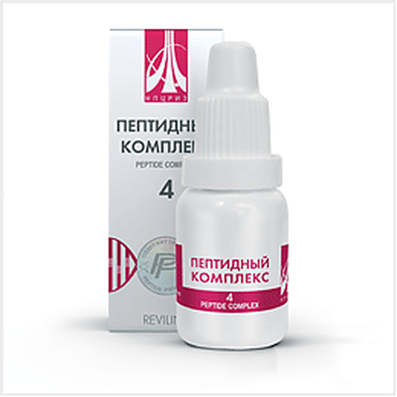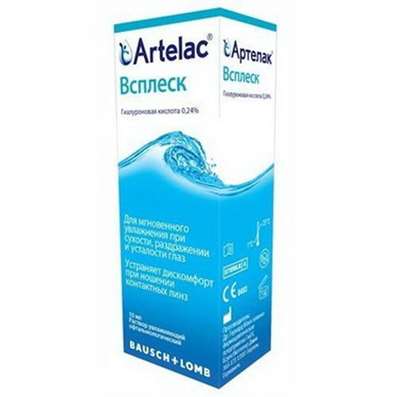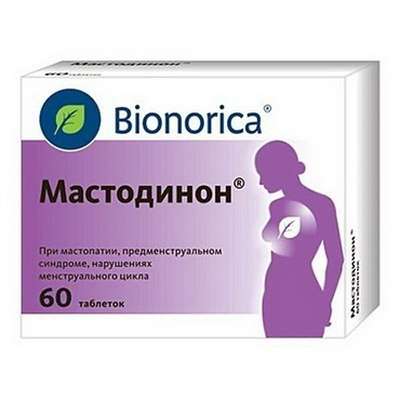Mildronate and Thiotriazoline in the treatment of stable angina pectoris
10 Oct 2016
The aim of the study was to evaluate the effectiveness and tolerability of thiotriazolinum, solution for injection, in comparison with Meldonium (Mildronate), solution for injection and capsules, produced by JSC Grindex, in patients with stable effort angina II-III FC.
Materials and methods. The study included 80 patients with stable effort angina II-III FC treated with basic therapy. 40 of them (intervention group) received thiotriazolinun, solution for injection and tablets, and 40 patients (control group) received Meldonium (Mildronate), solution for injection and capsules. The allocation of patients into groups was carried out on the basis of a simple method of randomization. Counting of angina attacks and nitroglycerin tablets consumed per day was performed on the basis of the patient's diary. 24-hour ECG Holter monitoring was performed with the analysis of the number of ischemic episodes and total duration of ischemic episodes per day. Bicycle exercise test was performed according to R. Bruce protocol, with a load gradual increase. Follow-up period was 30 days. The primary criterion for evaluating the effectiveness was increasing of the duration of exercise performed during bicycle exercise test.
Results. In this study the primary end point was achieved: it was shown the more evident increase of the duration of exercise performance during bicycle exercise test for 2.45 minutes in thiotriazolinum group, compared with Meldonium (Mildronate) group. The secondary end points analysis showed that the proportion of patients with increased exercise duration performed more than 1 and 2 minutes during bicycle exercise test in groups was not statistically different, probably because of insufficient sample size. At the same time, reduction of the number of angina attacks per week in the intervention group was significantly larger compared with controls during the 2nd and 4th weeks of treatment, and reduction of nitroglycerin consumption in the intervention group was significantly greater compared with controls on the 4th week of treatment. In thiotriazolinum group by the end of the observation period, the twofold decrease of nitroglycerin tablets taken was registered oftener by 30%, compared with a group of Meldonium. No significant difference in frequency of 50% reduction of the angina attacks number per week between the two groups was observed. In addition, in the thiotriazolinum group we observed a significant decrease in both total amount of ischemic episodes per day by 69%, and the total duration of ischemia by 21%. In the control group dynamics of those indices was also positive, however not significant. The investigated drugs did not have any impact on the hemodynamic parameters, as well as blood and urine analysis parameters. Adverse reactions / side effects during the study were not detected.
Conclusion. During the study better effectiveness of treatment, including thiotriazolinum compared with therapy, including Meldonium was shown in patients with stable effort angina II-III FC.
Despite progress in the prevention and treatment of coronary heart disease (CHD), the optimization of its treatment remains one of the most actual problems of modern medicine, and cardiology in particular. The high importance of this problem is associated with severe coronary artery disease complications: myocardial infarction, heart failure and sudden cardiac death, the incidence of which is high and there is little reduced by the introduction of modern principles of medical therapy. In this connection, the search for ways to increase the effectiveness of treatment of CHD, and one of its directions is the effect on metabolic processes in myocardium.
The feasibility and efficiency of metabolic therapy in ischemic heart disease remains a matter of debate. Anti-ischemic and antianginal effects of a number of metabolic products (trimetazidine, ranolazine) proven in multi-center studies, but there is no conclusive evidence about their positive effect on the prognosis of the disease, which limits their use only as a supplement to standard therapy.
It is noteworthy that Ranolazine preparation studied was less than Trimetazidine. At the same time remain popular metabolic products that are not included in these recommendations, such as Mildronate. Meldonium (Mildronate trimethylhydrasine propionate) - analogue of gamma-butyrobetaine, inhibits gamma butirobetaingidroksinazu, reduces the synthesis of carnitine and transport of long-chain fatty acids across cell membranes, prevents the accumulation in the cells of the activated forms of unoxidized fatty acids - derivatives of acylcarnitine and acyl-coenzime A. ischemia restores equilibrium processes oxygen delivery and consumption in the cells, to prevent violations of transport ATP; simultaneously activates glycolysis, which proceeds without additional oxygen uptake. The mechanism of action of the drug is fully consistent with its clinical effects - antianginal, anti-ischemic, cardiotonic.
Under normal conditions, there is a balance between myocardial oxygen demand and the ability to satisfy it. Physical or emotional stress, which leads to an increase in heart rate and blood pressure, causes an increase in myocardial oxygen consumption, which in turn is accompanied by an increase in healthy delivery by increasing coronary blood flow. In atherosclerotic lesions of the coronary arteries possible to increase coronary blood flow, adequate myocardial increasing demand for it, is limited; This occurs when the heart muscle mismatch of oxygen delivery and energy needs is the basis of the pathogenesis of coronary artery disease. Modern standards of treatment of patients with CAD is mainly focused on the use of neurohormonal modulation agents (beta blockers, ACE inhibitors), hemodynamic support (nitrates, calcium channel blockers) and other means of improving the prognosis of patients (statins, antiplatelet agents). However, in circumstances where the basic means of treatment have already realized their potential and / or there are clinical limitations to their use (hypotension, bradycardia), substantial assistance to support the viability of the ischemic organ may have metabolic agents that increase the efficiency of oxygen use, switching your metabolism for more economical ways protecting tissues from the effects of oxidative stress during reperfusion. Metabolically active agents possess anti-ischemic effect by influencing the metabolic processes in the myocardium. The mechanism of action of these drugs is directly related to the energy supply of the myocardium.
Clinical studies of Meldonium (Mildronate) were mainly devoted to the evaluation of its anti-ischemic action in stable angina and acute myocardial infarction. The majority of patients receiving the drug in a daily dose of 0.5 to 1.0 g for 1-3 weeks, there was a decrease in the number of angina attacks per day, and an increase in exercise tolerance, expressed in the increase in the total length of bicycle stress test to attack of angina pain, achieving a higher level of load power and increase the value of anaerobic threshold.

 Cart
Cart





